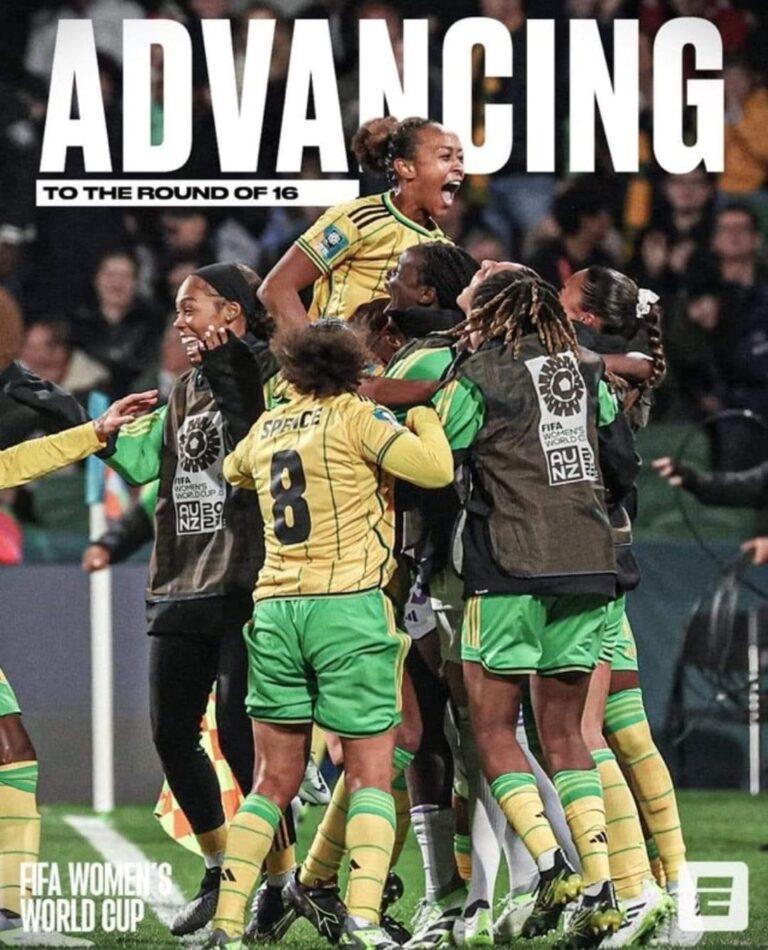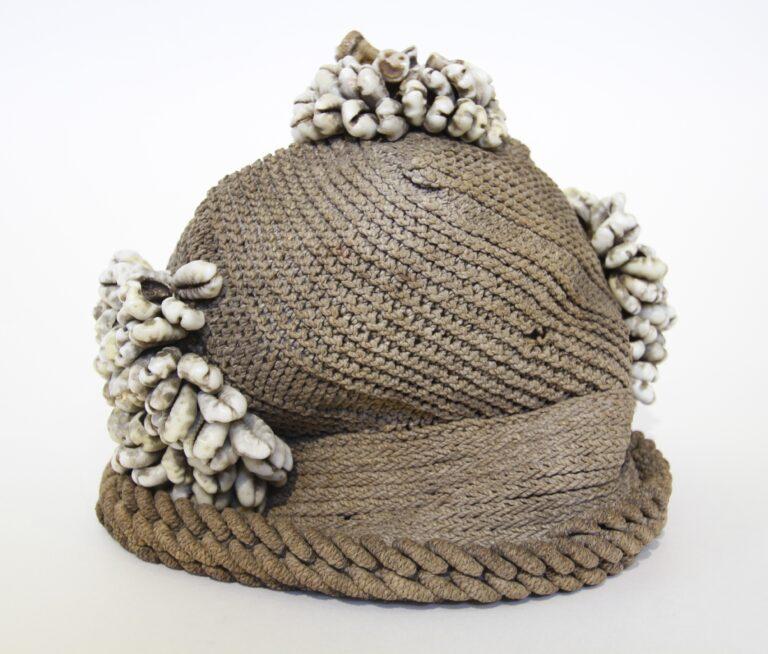Learning from the upcoming Afrobeat Festival

www.yaawdmedia.com
It is amazing how little Jamaicans know about their music, its history, its global value, and its importance to the island. Maybe the fault lies in our model of development and how that has impacted the approaches we apply as far as educating our population, an approach that has killed the abilities of far too many to develop any kind of critical thinking skills. Whatever the reason, it has succeeded in providing a highway of ignorance upon which the unthinking motors at breakneck speed, often resulting in an untimely death not only to him/herself but taking and or maiming others in their wake.
I say this against the background of developments in our music over the years as Jamaica has moved from a position where we were once considered the most influential country in popular music, having gifted the world with not one but eight genres of popular music, namely – dukunoo, mento, Nyabinghi, ska, rock steady, reggae, DJ, and dancehall. No other country in the world has had the kind of impact that Jamaica has had with this aspect of its culture and very few have had the level of success that Jamaica has enjoyed in exporting its culture around the world. This export being led of course by reggae and dancehall music. Ironically, despite that level of success, very little has been done at the policy framing level to shepherd the industry’s development and as a result, the seeds sown over the years by the pioneering musicians and artistes have fallen among the rock stones and in the thickets.
Today we have allowed ourselves to buy into the argument that reggae and dancehall are dead. Our young people (who have always been at the forefront of our music’s creation) now substitute copy-cat approaches, copying American R&B and hip-hop stylings which they overlay with Jamaican patois-infused lyrics and then try to represent as reggae or dancehall music. When the people who are purchasing music reject these offerings, we allow ourselves to buy into the argument that reggae and dancehall music is dead. What is dead is our thinking.
Jamaican music did not strive for more than 50 years by itself. The music grew because those engaged in its creation were always striving to create music that was in step with their newly- discovered national identity. The music also grew because the participants were prepared to and constantly worked at their craft. Today we copy everything foreign, instead of developing our own, and for the most part, so, too, the consuming public. Instead of buying their own music, our obsession is with that which is foreign, influenced of course by the constant barrage of foreign music content on the multitude of radio stations back home.
Take the announcement of a World Afrobeats Festival which is scheduled for Negril, Jamaica this month-end. The original Afrobeats is a direct derivative of primarily fuji music and highlife music mixed in with American big band blues and jazz from the 1960s and the 1970s in much the same way that Jamaican music pulled from American jazz, blues, and R&B music between 1949 to the early 1970s.
It is interesting that the current iteration referred to as Afrobeats pulls heavily from Jamaica’s dancehall music. It has been around for more than 20 years, having developed in Nigeria, Ghana, and, to a lesser extent, London. This iteration of Afrobeats provides a kind of cultural repatriation as Jamaica’s music has gone back to West Africa to rekindle its spirit with the African percussion instruments, particularly the drum.
I would love to believe that this upcoming Afrobeats Festival will not simply be of benefit to lovers of the but will also provide opportunities for our current crop of musicians and artistes to learn something that they can use to help to lift the current music quality in Jamaica. I will not hold my breath though as past experiences speak volumes.
Richard Hugh Blackford BSc., MS. (Ed).






